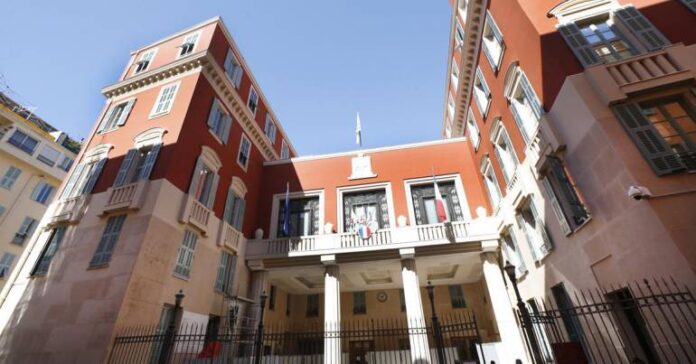In Nice, the 2026 municipal elections are shaping up to be an unprecedented event. After nearly eight decades of right-wing domination, left-wing forces are multiplying calls for unity. Between already formalized alliances and citizen initiatives, a political reconfiguration is underway.
On March 15 and 22, 2026, the residents of Nice will go to the polls to elect their next mayor during the 2026 municipal elections. The deadline is still distant, but major maneuvers have already begun. On the right, the duel between Christian Estrosi and Éric Ciotti is creating a breach. On the left, the call for unity is growing louder.
In this context, Jonathan Gensburger, an engaged actor, published a forceful text: “United, the left can win in Nice in 2026”. His message is clear: overcome party squabbles and personal grudges to build a common list. “The programmatic aspect of the local left is not really the problem, it’s more about egos, party lines, or old resentments”, he writes. The appeal is direct: bring together all sensibilities, from France Insoumise to the Greens, including socialists and communists.
This call comes as discussions intensify. Several citizen initiatives, such as the “Nice 2026” appeal or the “Reprenons la main maintenant!” collective, bring together political activists, association members, and residents. The stated goal: build a credible alternative to the right and far-right.
A still fragile union
On April 21 last year, the Socialist Party, the Communist Party, and Europe Ecologie Les Verts took a step forward by announcing their intention to unite their forces. During a joint press conference, local leaders expressed their determination to end 80 years of right-wing management. Patrick Allemand, a PS figure in Nice, emphasized: “it’s not because the two clash that we ally.” The message aims to show that this convergence is not merely opportunistic but based on a shared political will.
However, not everything is resolved. La France Insoumise, supporting the ViVA! collective excluded from discussions, refuses for now to join this alliance. The PCF, through Julien Picot, reminds that “the door remains open.” The appointment of a lead candidate, expected in September, will be a key moment. The choice of the party representing this candidacy might revive old tensions.
On a substantive level, some priorities are already being advanced. Limiting the proliferation of Airbnb-type tourist rentals to promote resident housing. Introducing free public transportation to support purchasing power and reduce pollution. For ecologist Sandra Benjamin, “Nice must become a city for its residents again, not just for tourists.” These proposals outline a program, but much work remains.
A citizen dynamic in construction
In parallel with the parties, civil society is trying to influence the process. On June 21, more than a hundred people gathered in Nice to extend the mobilization initiated in April. Activists, association members, and residents exchanged ideas about their expectations and proposals. Mobility, housing, schools, culture, ecology: many topics were discussed.
The organizers stress the importance of an open process, involving residents in project construction. The publicly stated ambition is to create a collective project rooted in everyday realities.
This dynamic remains fragile, but it reflects an expectation. Social mobilizations, the housing crisis, the pressure of overtourism, and environmental concerns feed into the sentiment that another path is possible. The question remains whether the various initiatives will succeed in converging.
With seven months to go before the election, Nice’s political landscape remains uncertain. The division of the right could open an unprecedented space, but left-wing unity still needs to be built. Between party alliances, citizen calls, and internal rivalries, the campaign promises to be long. For many, the March 2026 deadline is an opportunity not to be missed.


